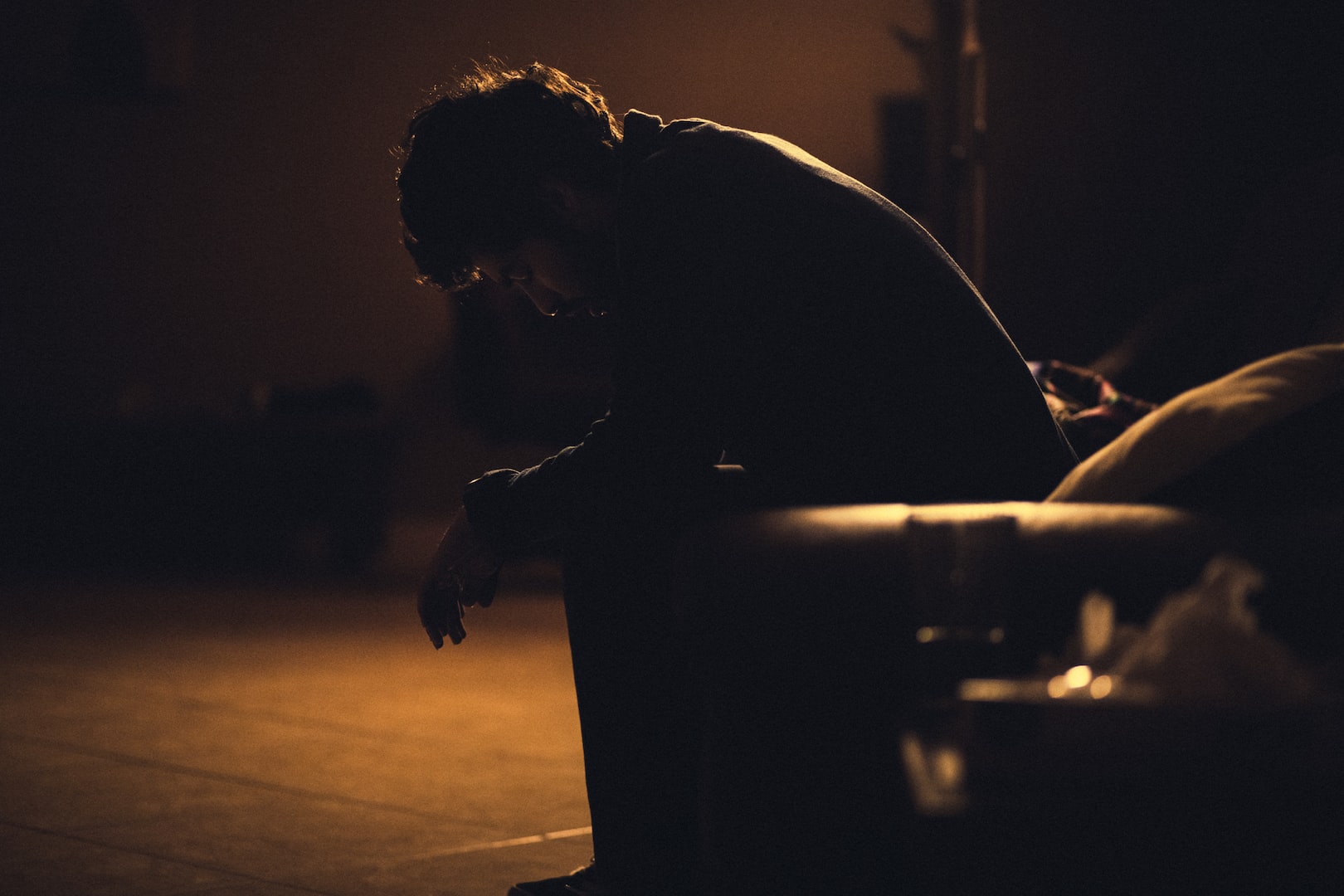

Major Depressive Disorder
Depression, also known as major depressive disorder, is a common and serious medical illness that negatively affects how you feel, think or act.
Fortunately, with proper therapy it is treatable with a high success rate.
Unlike anxiety, depression causes feelings of sadness and a loss of interest in activities.
It contributes to a variety of emotional and physical problems and can decrease your ability to function at work and at home.
It's different from sadness
The death of a family member, the loss of a job or the end of a relationship are difficult experiences for a person to go through. It is normal for feelings of sadness or grief to develop in response to such situations.
People who experience a loss often describe themselves as “depressed”. But being sad is not the same as having depression. The grieving process is natural and unique to each individual and even shares some characteristics with depression.
Both grief and depression can involve intense sadness and withdrawal from usual activities, but they are different in important ways:
In grief, painful feelings come in waves, often mixed with positive memories of the deceased.
In major depression, mood or pleasure decreases for more than two weeks.
In grief, self-esteem is usually maintained.
In depression, feelings of worthlessness and self-loathing are common.
In major depression, thoughts are focused on ending one's life as they feel unworthy of living because they are unable to cope with the pain.
However, grief and depression can coexist.
What do you know so far?
-
It's different from sadness From the duration and feelings.
The symptoms
The symptoms of depression can be mild or severe. They must last at least two weeks and must represent a change from your previous level of daily functioning to a diagnosis of depression.
Additionally, medical conditions such as thyroid problems, a brain tumor, or vitamin deficiency can mimic symptoms of depression, so it's important to rule out general medical causes. Symptoms include:
Feeling sad or having a depressed mood.
Loss of interest or pleasure in previously enjoyed activities.
Changes in appetite, weight loss or gain unrelated to the diet.
Trouble sleeping or sleeping too much.
Loss of energy or increased fatigue.
Feeling of worthlessness.
Difficulty thinking, concentrating or making decisions.
Thoughts of death or suicide.

Risk Factors
Biochemistry: Differences in certain chemicals in the brain may contribute to symptoms of depression.
Genetics: Depression can run in families. For example, if one identical twin has depression, the other has a 70% chance of having the illness at some point in life.
Personality: People with low self-esteem are often pessimistic and seem to be more likely to suffer from depression.
Environmental Factors: Ongoing exposure to violence, neglect, abuse, or poverty can make some people more vulnerable to depression.
What do you know so far?
-
It's different from sadness From the duration and feelings.
-
Symptoms It can only go from disinterest to suicide.
-
Risk Chemistry in the brain and environmental factors are the common causes.